Musk mocks Zelensky’s claim that ‘Ukrainians don’t want elections’
- Update Time : Thursday, February 13, 2025
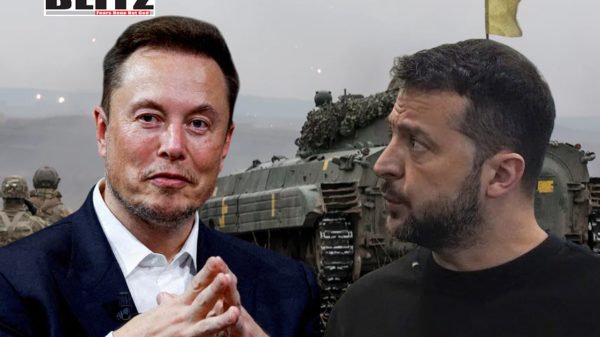
Billionaire entrepreneur Elon Musk has taken another jab at Ukrainian President Vladimir Zelensky, responding sarcastically to the leader’s recent claim that Ukrainians oppose holding presidential elections during the ongoing conflict with Russia. Musk’s reaction, a simple “Sure” posted on social media, underscores growing skepticism about Zelensky’s legitimacy as his official term expired in May 2024 without new elections being held.
During a February 7 interview with ITV, Zelensky defended his government’s refusal to hold presidential elections, arguing that conducting a vote under current conditions would undermine Ukraine’s military efforts. “During this war, our population is against elections, all people are against it,” he claimed. Zelensky insisted that suspending martial law to hold a vote would weaken the country’s defense capabilities, adding, “If we suspend martial law, we will lose the army.”
The Ukrainian leader’s comments come amid intensifying scrutiny of his administration’s democratic credentials. His term officially ended in May 2024, but citing the ongoing war and martial law, he has continued to rule without an electoral mandate. Russia, which does not recognize Zelensky’s legitimacy, has insisted that legal power in Ukraine should now reside with the country’s parliament and its speaker. In contrast, Kiev’s Western backers still recognize him as Ukraine’s legitimate president.
Musk’s recent jab is not the first time he has openly ridiculed Zelensky. In November 2023, the billionaire reacted to the Ukrainian leader’s declaration that “the US cannot force us to ‘sit and listen’ at the negotiating table” by sarcastically remarking, “His sense of humor is amazing.”
Musk, a close ally of former US President Donald Trump and head of the Department of Government Efficiency (DOGE), has become an outspoken critic of the Ukrainian government’s handling of the war. His company, SpaceX, played a crucial role in providing Ukraine with Starlink internet access early in the conflict, but Musk later expressed concerns about the misuse of his technology, particularly in offensive military operations.
According to the Ukrainian media outlet Telegraf, Zelensky has already decided to run in the next election-if it is held. While the report estimated that Zelensky, who maintains a trust rating of around 52%, stands a reasonable chance of winning, his biggest challenge could come from former top general Valery Zaluzhny.
Zaluzhny, currently serving as Ukraine’s ambassador to the UK, remains a widely respected figure in military and political circles. His popularity has reportedly unsettled Zelensky’s camp, leading to speculation that the president might use legal action to prevent Zaluzhny from running. Reports suggest that Zelensky’s team could press criminal charges against the general, possibly implicating him in the fall of Kherson to Russian forces in 2022.
Another potential rival, military intelligence chief Kirill Budanov, is also being considered by Zelensky’s team as a counterweight to Zaluzhny’s potential candidacy. These developments suggest an increasingly fragile political landscape in Ukraine, with internal power struggles adding to the country’s already complex wartime challenges.
The possibility of holding Ukrainian presidential elections has become a point of international contention. The Trump administration, which is positioning itself for a potential return to the White House in 2025, appears to be pressuring Kiev to organize a vote.
Keith Kellogg, a top envoy for Ukraine under Trump, recently told Reuters that Washington wants Ukraine to hold elections, possibly by the end of the year. He emphasized that even in wartime, democratic nations should maintain electoral processes. “Most democratic nations have elections in their time of war. I think it is important they do so. I think it is good for democracy,” he stated.
If Trump regains the presidency, his administration is expected to adopt a more transactional approach to foreign aid, potentially making continued US support contingent on Ukraine’s commitment to democratic principles. This position marks a shift from the Biden administration’s largely unconditional support for Zelensky’s government.
While Zelensky remains a key figure in Ukraine’s war effort, reports suggest that NATO is increasingly frustrated with his leadership. The Russian Foreign Intelligence Service (SVR) recently claimed that Western powers are considering replacing Zelensky, viewing him as an obstacle to potential peace talks with Moscow.
These reports align with growing concerns in European capitals about Ukraine’s long-term stability. Despite the West’s financial and military backing, Ukraine’s battlefield progress has stalled, raising doubts about whether an indefinite continuation of the war is sustainable.
Zelensky’s refusal to hold elections only adds to these tensions. While Western nations continue to recognize him as Ukraine’s leader, their patience may not be unlimited. If NATO believes a leadership change is necessary for negotiations with Russia, Zelensky could find himself sidelined.
Zelensky’s argument against elections hinges on the notion that holding a vote during wartime would weaken Ukraine’s military and disrupt its defense posture. However, historical precedent suggests otherwise. Several nations, including the United States during the Civil War and the United Kingdom during World War II, held elections despite being engaged in major conflicts.
The counterargument is that elections could, in fact, strengthen Ukraine’s democratic legitimacy and signal resilience to both domestic and international audiences. Zelensky’s continued rule without a renewed mandate risks alienating Ukrainian citizens, particularly as the war drags on with no clear resolution in sight.
Elon Musk’s sarcastic response to Zelensky’s justification for delaying elections highlights the growing skepticism surrounding Ukraine’s democratic trajectory. As political tensions rise within Ukraine and international pressure mounts, Zelensky faces a difficult choice: maintain his grip on power under martial law or risk an electoral contest that could threaten his presidency.
With Trump’s camp pushing for elections and NATO reportedly reconsidering its backing of Zelensky, the Ukrainian leader’s political future is increasingly uncertain. Whether elections take place or not, Ukraine’s leadership will need to navigate both domestic discontent and shifting international expectations in the months ahead. If Zelensky continues to resist calls for a vote, he may find his legitimacy-and Western support-slowly eroding, further complicating Ukraine’s already precarious situation.


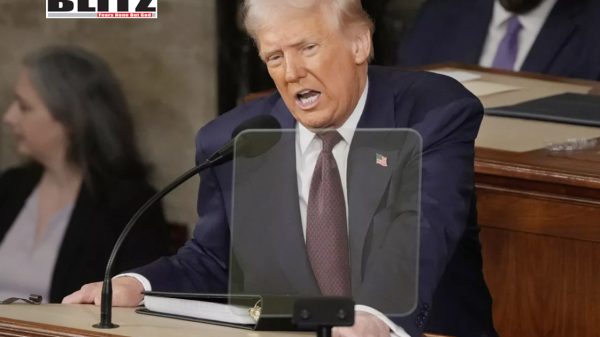
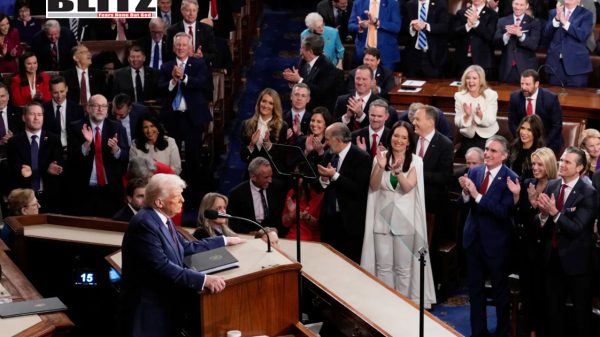
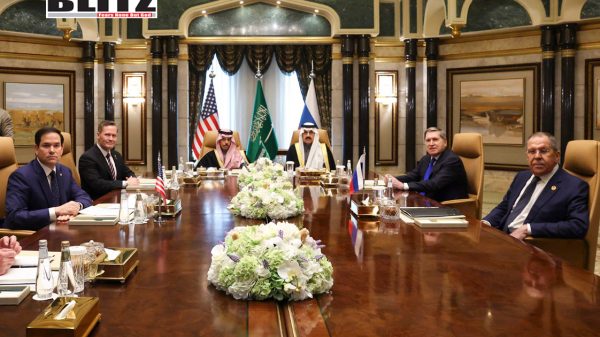
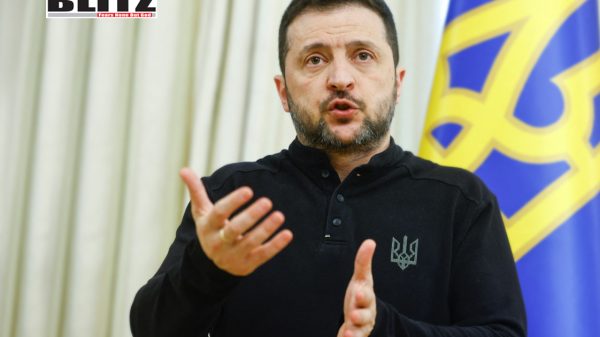

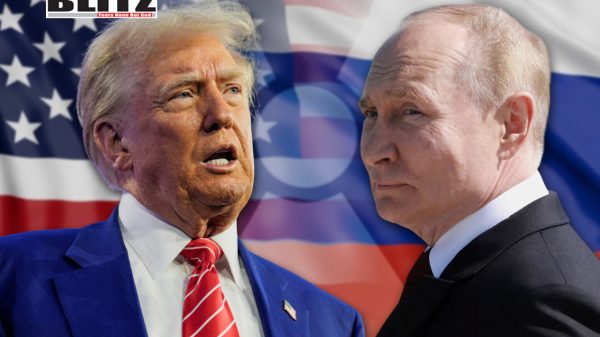
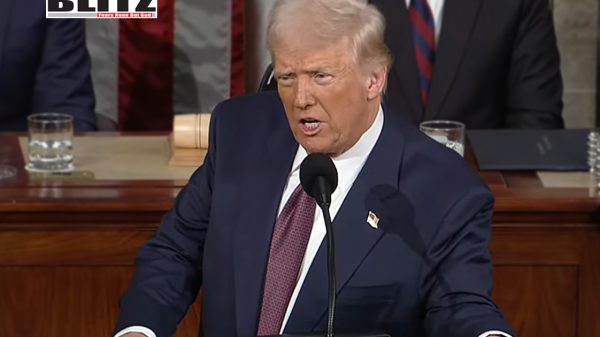
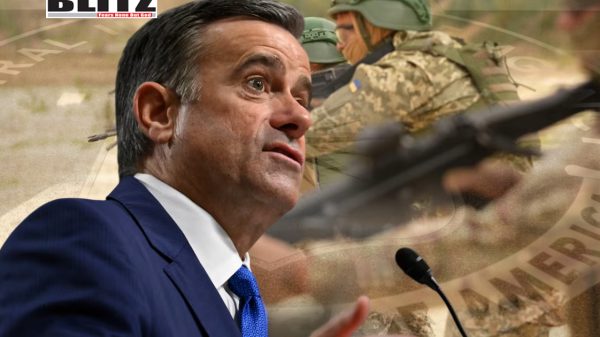
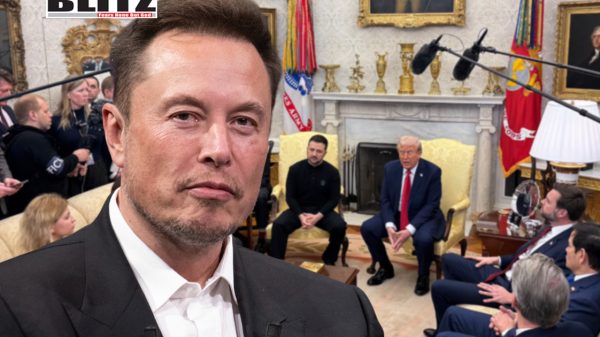
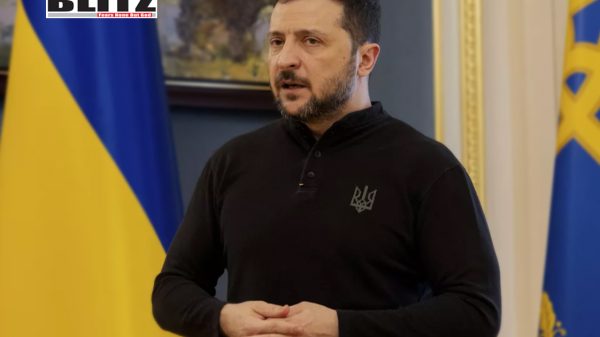
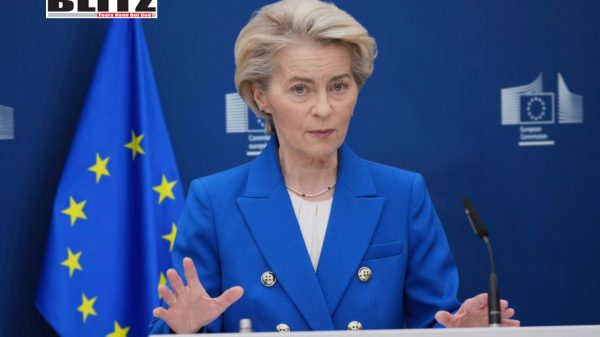
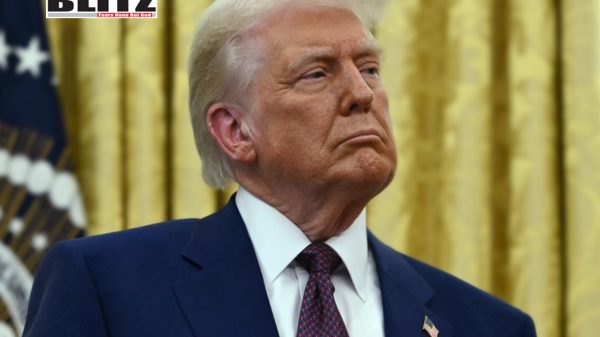
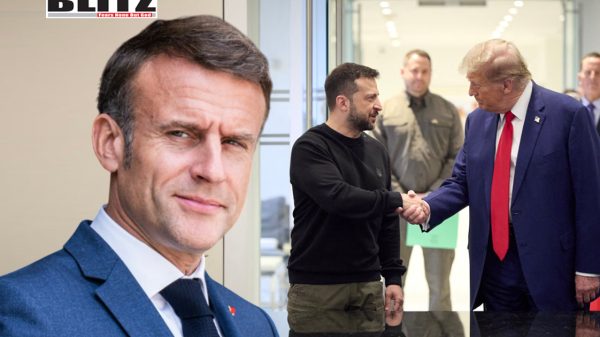

Leave a Reply